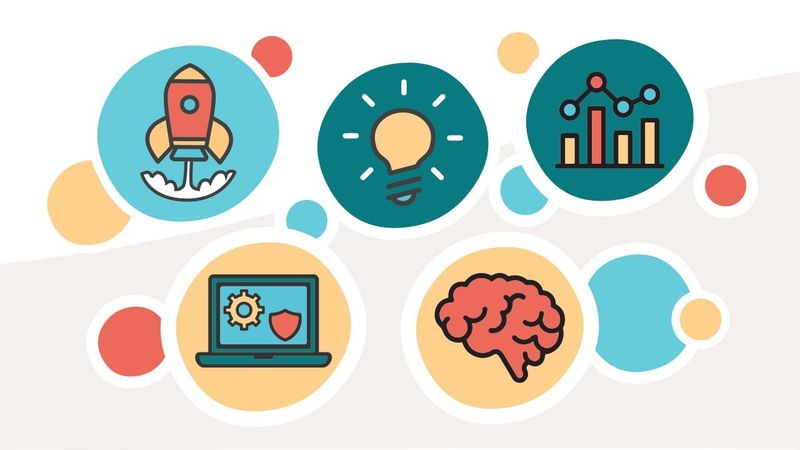CITES Framework Development Process

CITES aims to assist districts in creating and sustaining inclusive technology ecosystems that foster intentional collaboration among educational technology (EdTech), assistive technology (AT), and information technology (IT) to benefit all students, especially those with disabilities. CITES uses a design-thinking process, in partnership with districts, to refine a set of practices (the Framework) that enhances the development of a balanced and inclusive technology infrastructure.
CITES 2.0
In 2023, CITES 2.0 launched via a second round of funding from the Office of Special Education Programs (OSEP) and runs through 2028. The CITES Framework will continue to be refined through updated and new literature reviews, landscape scans, and continued knowledge development with state and LEA teams. As a part of this work, CITES will leverage Active Implementation Frameworks (AIF) to align with sustained and scalable systems change tools to ensure alignment with state-adopted frameworks, such as Multi-Tiered System of Supports (MTSS) and Positive Behavioral Interventions and Supports (PBIS), as well as state accountability systems. In addition, CITES will publish crosswalks to the 2024 NETP, the International Society for Technology in Education (ISTE) Standards, and the National Standards for Quality Online Learningexternal site.
CITES 1.0
Beginning in 2020, the CITES Framework was developed based on research and understanding gained from the project’s Knowledge Development Districts. Knowledge Development districts served as exemplars in one or more areas of inclusive technology implementation via case stories and vignettes
CITES tested and refined the Framework practices in collaboration and co-development with Framework Development Districts. These districts committed to three years of participation to try out evidence-based practices and provide cyclical feedback on what worked to build an inclusive technology ecosystem. CITES identified the 2017 National Education Technology Plan (NETP) as a foundation for the Framework. The 2017 NETP included UDL, AT, and accessibility. In this work, CITES clarifies and expands those concepts and provides guidance for creating a balanced, inclusive technology ecosystem.
The Framework was developed in phases and includes overview pages (Leadership, Infrastructure, Teaching, Learning, and Assessment) and highlights promising practices, professional learning facilitator guides, district self-assessments, and a goal-setting tool.